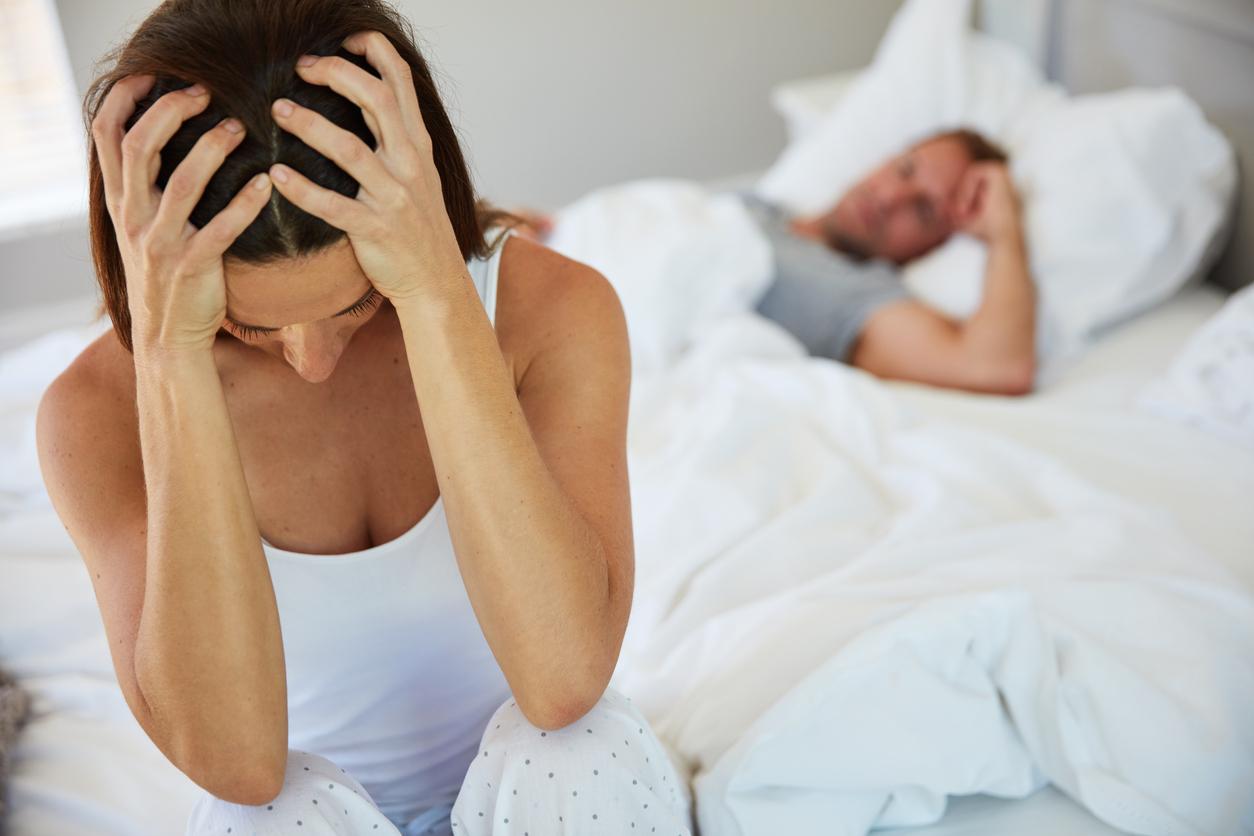30% of Americans want a ‘sleep divorce’ from their partner, survey finds
It could be the key to saving your relationship

A good night’s sleep can be difficult enough to get on your own but add in the challenge of sleeping with a partner who snores or steals the covers, and it’s no wonder so many of us are sleep deprived.
But, while there are plenty of reasons so many couples have trouble sharing the sheets many believe that a “sleep divorce” could be the solution to saving your relationship.
A 2010 study by the National Sleep Foundation found that almost a quarter of married couples have filed for a "sleep divorce" - the act of having separate sleeping arrangements from your partner.
However, a new nationwide survey of 3,000 Americans has found that even more of us would like one but are too apprehensive to bring up the topic with our partners.
Overall, the data revealed by Mattress Clarity, a sleep product review website, showed that 30.9 per cent of Americans would like to sleep separately from their significant other.
Furthermore, 10 per cent of those surveyed had a previous relationship end over sleep issues.
Areas dominated by those wanting to sleep in separate beds were West Virginia (82.2 per cent) and New Hampshire (67.4 per cent), while couples in Wyoming (13.6 per cent) and Oklahoma (9.7 per cent) proved the most satisfied with their sleeping arrangements.
Interestingly though, even if sleeping in separate rooms was a mutual decision, 41.4 per cent of Americans said they would not admit it to their friends or family.
When broken down by gender, the results also revealed that men (40 per cent) are more likely than women (38 per cent) to want their own bed space.
But with a lack of sleep known to put you at risk of serious medical conditions including obesity, heart disease and diabetes, is it any wonder?
Of course, asking for a sleep divorce isn’t for everyone and luckily the NHS offers some great tips for anyone having difficulty falling asleep.
From going to bed at regular times, winding down with a warm bath, reading a book and turning off the TV, the NHS says the best way to achieve a good night’s rest is to establish a routine that works for you and stick to it.
Join our commenting forum
Join thought-provoking conversations, follow other Independent readers and see their replies
Comments
Bookmark popover
Removed from bookmarks